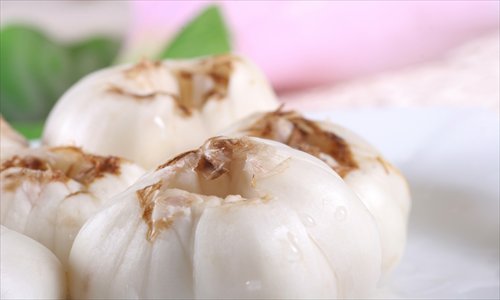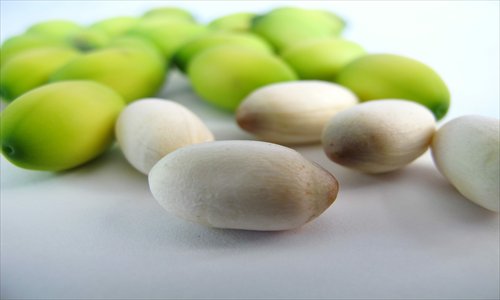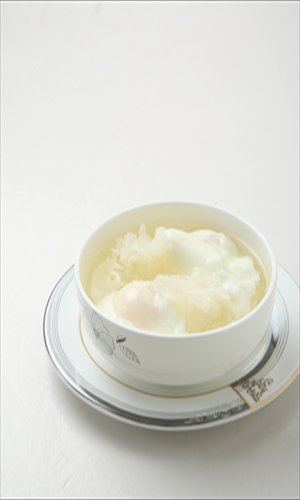Keep it moving!
Editor's Note
The ancient Chinese created an agricultural solar system - still in use today - that is based upon their observation of crops, climate, astrology, and the study of animal and plant life cycles. The system guided farmers as to when to sow seeds and when to harvest them, and this system has now been in place for more than 2,000 years.
Today, with advances in science and technology, agriculture depends less on this ancient wisdom. But this seasonal calendar still operates as a reference guide for gourmands to seek out the best times for seasonal delicacies and for health experts to plan nutritious diets.
In a single year, the system features 24 "solar terms," each lasting one day and occurring every two weeks. Each has its own name and characteristics. The Global Times is presenting a weekly series examining which foods and delicacies are best enjoyed during these periods, as well as tips on preserving general health.
Consecutive days characterized by cool air in the morning and at night, foretell the real beginning of autumn. Although liqiu ("autumn begins" occurring on August 7) literally means the beginning of autumn, for people living in the south of China the cool days of autumn usually only arrive around qiufen or the Autumn Equinox which this year falls on September 22.
According to traditional Chinese medicine (TCM) from the Autumn Equinox onwards, the yang energy in nature begins to diminish, while the yin energy starts to rise, which results in the bleak and chilly days we see in the autumn. Dryness is the main characteristic of the autumn weather, which, according to TCM, is very bad for the lungs. So the priority to maintain health during the autumn is to nourish the lungs.

Respiratory nourishment
The common symptoms of people who suffer from autumn dryness is that they are more apt to get coughs, infections and colds. To start with, people may feel dryness in their nose and throat, which then may aggravate to soreness, and at this point a heavy cough may develop known as zaoke (cough caused by dryness) in TCM. Zaoke can lead to tracheitis or bronchitis if timely treatment isn't sought.
So how to avoid autumn dryness? To adapt your diet to the autumn weather is not as difficult as it may sound. For instance, try to have more vegetables and fruit in your daily meals which will help to rehydrate your body. Porridges with nourishing ingredients are also a wise choice especially those including honey, lily bulbs, lotus seeds, carrots, lotus root, pear, sesame and white fungus.
Absorbing sufficient water is vital during the autumn. It is advisable for people to drink a cup of water when they awake in the morning. A couple of cups of weak tea during the day will also protect against dehydration.
Meanwhile, hot and spicy foods and deep-fried dishes should be minimized in your diet, especially those containing chives, garlic, ginger, green onions and star anises.

On the go
To retain the yin energy in the body is the aim of outdoor exercise during the autumn. People should opt for exercises such as jogging and climbing. Although elderly people should avoid exercising in the early morning or after dusk when the temperature is relatively low, or at least make sure they wear more clothes if they choose to do so.
There is a popular saying in China, chun wu qiu dong, which means that people should not start wearing fewer clothes too quickly during the transition from winter to spring. Similarly, they should learn to endure the cold when autumn arrives before starting to wear very thick layers. It is also suggested that people with strong constitutions take cold baths (5 to 20 C) during this period.
The Global Times has also found some physical activities that are beneficial to the respiratory system during autumn.
Pounding the back: sit upright and relax and make a fist that is not too tight. Pound your back from the bottom to top, and from the middle to the sides.
Massaging the nose: rub the outer side of your thumbs together (with the nails touching) until the skin warms up. Then rub your nose on both its bridge and sides 30 times. This practice is to strengthen the nose to counter colds during autumn and winter.
